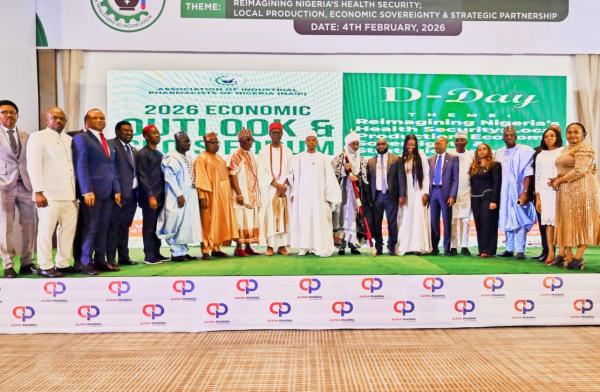
Seafaring as a career is set for boom in the next few years as Nigeria has finally moved to comply with the International Labour Organisation’s (ILO) new maritime standards and practices, as enshrined in the maritime Labour Convention (MLC 2006)..
The MLC 2006 is the ILO’s bill of rights for ship workers (seafarers) and ship owners. It provides comprehensive rights and protection at work for the world’s seafarers. It was established in 2006 as the fourth pillar of International maritime law. It is designed to be a global instrument for quality shipping.
Nigeria’s delegation, led by Emeka Wogu, minister of labour and productivity, submitted the legal instrument of ratification of the MLC to the ILO in Geneva, Switzerland on Tuesday, making Nigeria the 38th country to do so.
By this move, Nigeria has indicated its readiness to domesticate the convention’s specified standards and practices which will be enshrined in its status. With this, Nigeria will be able to develop its maritime sector for better efficiency, Wogu said. The minister said that as seafaring becomes an attractive trade, unemployment will be reduced and militancy in the Niger Delta will drop drastically.
The implementation of the MLC, according to him, will also enhance the country’s exports, especially oil, which is the mainstay of the economy.
Specifically, the convention sets out seafarer’s rights to decent conditions of work on a wide range of subjects which will be globally applicable, easily understandable, readily adaptable and widely enforced. This set of rules will benefit young Nigerians who may want to choose seafaring as a profession and afford them employment opportunity in the international shipping business.
“There are over 4,000 Nigerians who are working currently on board international ships across the globe, who will benefit from the new law, as they will receive comparable wages, protection and safety”, says Calistus Obi, executive director, Nigerian Maritime Administration and Safety Agency (NIMASA).
Obi, who represented Ziakede Patrick Akpobolokemi, the director-general of NIMASA, said the submission of the instrument of ratification of the MLC is a culmination of the efforts of both the ministries of labour and productivity and transport, as well as the untiring efforts of the management team of NIMASA and for the past six years have been working on it.
Kunle Folarin, chairman, National Seafarers Welfare Board, said the MLC 2006 will benefit seafaring and the over 42 trades in the maritime sector. He said the Nigeria’s adopting and complying with the International shipping convention would open opportunities for other trades like stevedoring, and that it would standardise practices and make the sector appealing to investors and those seeking for profession and trades.
Dayo Bush Alebiosu, chairman, House Committee on Treaties at the House of Representatives, said the domestication of the MLC, which is the next step, after the submission, would receive speedy consideration at the House. He promised that the law would be passed in good time for Nigerians to reap the enormous benefits the MLC brings to the shipping and maritime sector of the economy.
An estimated 90 percent of world trade is carried on ships and seafarers are essential to essential to international trade and indeed the international economic and trade system.
According to the ILO, the new maritime labour standard consolidates and updates more than 68 international labour standards relating to the maritime sector adopted over 80 years ago.





















